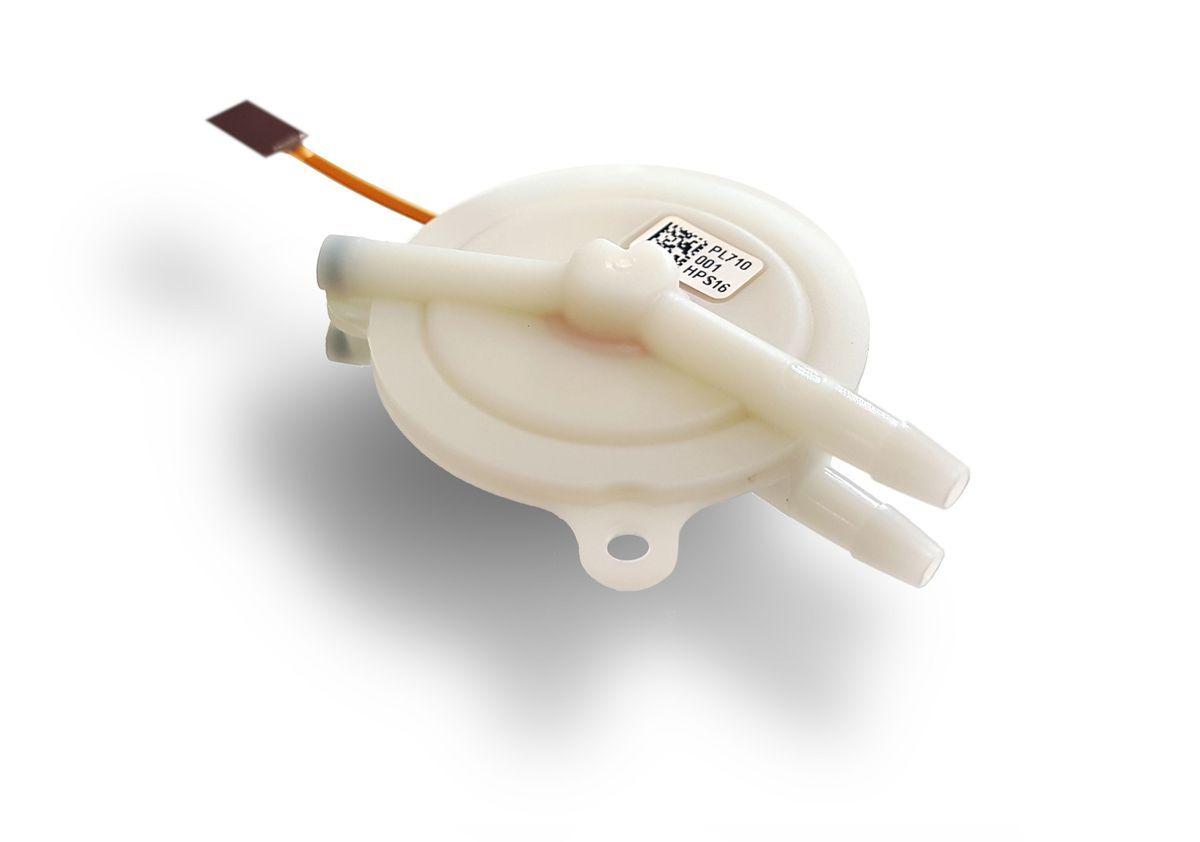Precision in Motion: Understanding Micro-Pump Dynamics
Global micro-pumps are intricate devices engineered to deliver precise fluid control in various applications. These pumps operate on microscale principles, utilizing mechanisms such as piezoelectric actuators, electrostatic forces, or even biochemical reactions to manipulate fluid flow. Understanding the dynamics of micro-pump operation is essential for optimizing their performance and reliability across diverse applications.
Medical Marvels: Micro-Pumps in Healthcare
In the healthcare sector, micro-pumps play a pivotal role in advancing medical technology. From insulin delivery in diabetic patients to administering precise doses of medication in critical care settings, these miniature pumps offer unparalleled accuracy and efficiency. Moreover, in emerging fields such as personalized medicine and point-of-care diagnostics, micro-pumps enable the development of innovative solutions for tailored patient treatments and rapid diagnostic assays.
Beyond Borders: Micro-Pumps in Global Accessibility
One of the key advantages of Global Micro-Pumps is their potential to improve accessibility to essential services, particularly in resource-constrained environments. By enabling the development of portable medical devices, water purification systems, and point-of-use diagnostic tools, micro-pumps contribute to enhancing healthcare delivery and promoting public health initiatives worldwide. Moreover, in remote monitoring systems and wearable technology, micro-pumps facilitate real-time data collection and analysis, empowering individuals to take proactive steps towards better health outcomes.
From Lab to Launchpad: Micro-Pumps in Aerospace Applications
Aerospace engineering represents another frontier where micro-pumps are making significant strides. These miniature devices are integral to propulsion systems, thermal management systems, and fluid control systems in spacecraft and satellites. By providing precise control over fuel delivery, coolant circulation, and hydraulic pressure, micro-pumps contribute to the efficiency, reliability, and safety of aerospace missions. Furthermore, in future space exploration endeavors, micro-pumps could play a crucial role in supporting long-duration missions and sustainable resource utilization beyond Earth's orbit.
Innovation Intersection: Integrating Micro-Pumps into IoT Ecosystems
As the Internet of Things (IoT) continues to expand, the integration of micro-pumps into interconnected ecosystems opens up new possibilities for smart devices and autonomous systems. These miniature pumps can be seamlessly integrated into IoT platforms for applications such as smart agriculture, industrial automation, and environmental monitoring. By providing precise fluid control in IoT-enabled devices, micro-pumps enable autonomous operation, real-time data analysis, and adaptive responses to changing conditions, enhancing efficiency and productivity across various sectors.
Engineering the Future: Challenges and Opportunities
While global micro-pumps offer immense potential across diverse applications, they also present engineering challenges that need to be addressed. These challenges include power consumption optimization, reliability enhancement, and cost-effective manufacturing at scale. Moreover, as new applications emerge and technology evolves, there is a continuous need for interdisciplinary collaboration and innovation to push the boundaries of what's possible with microfluidic systems.
Conclusion
In conclusion, navigating the landscape of global micro-pumps reveals a world of engineering ingenuity and transformative potential. From healthcare to aerospace, from IoT ecosystems to global accessibility initiatives, these miniature devices are driving innovation and reshaping industries. By understanding the dynamics of micro-pump operation and embracing interdisciplinary approaches, engineers can harness the full capabilities of these tiny yet powerful tools to address some of the most pressing challenges facing society today and pave the way for a more interconnected, efficient, and sustainable future.



